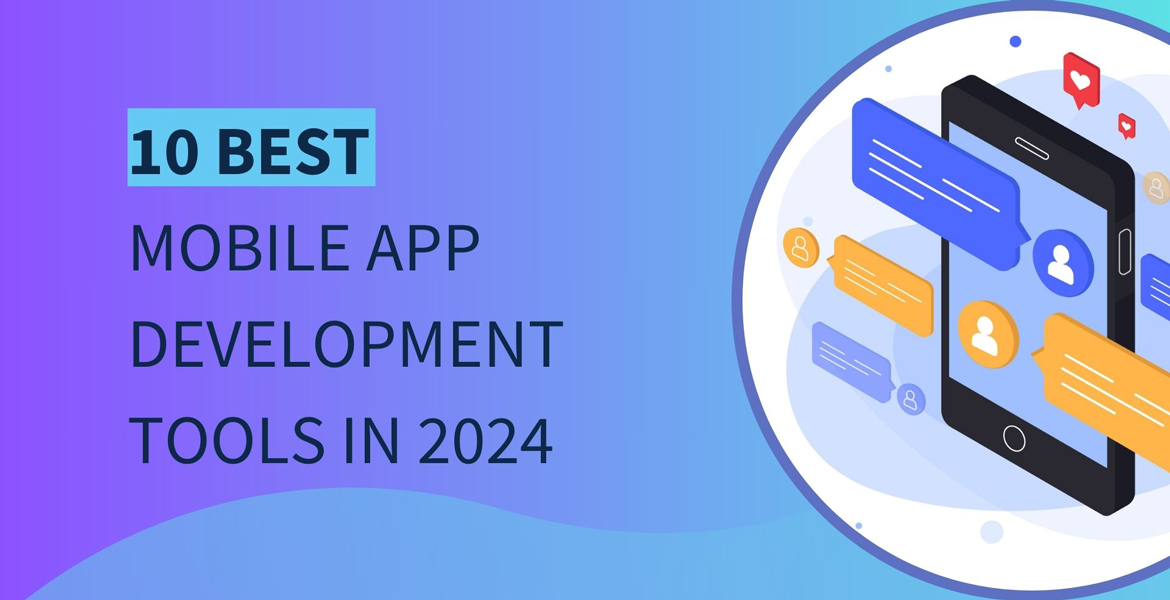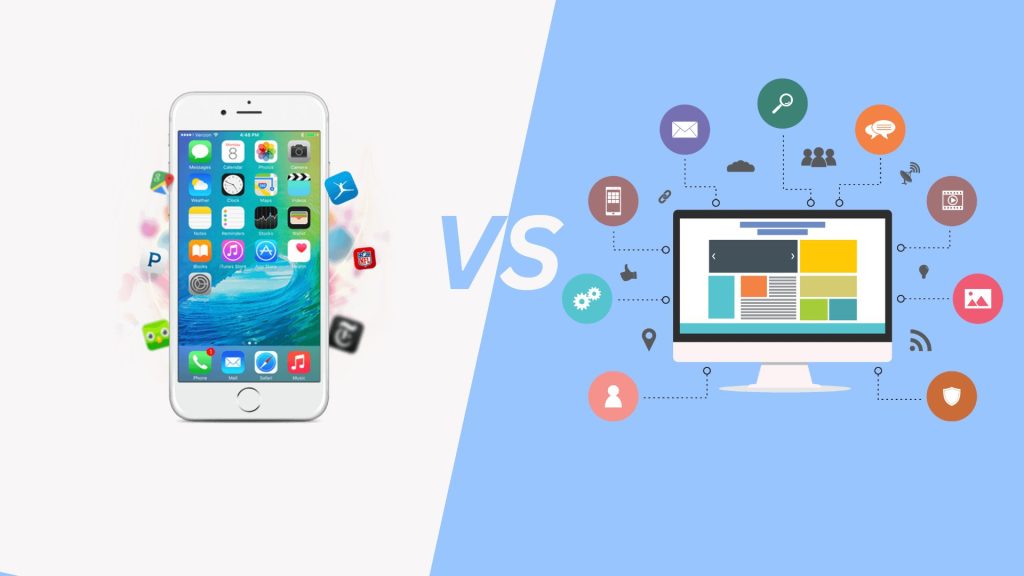In 2024, developers have access to an array of powerful tools that can help them create robust, scalable, and user-friendly applications. Choosing the right tools and software for mobile app development is essential for the success of your future applications. The right tools can significantly enhance productivity, ensure high performance, and provide a seamless user experience.
However, with so many options available, selecting the most suitable tools can be a daunting task. Here are some crucial factors you should consider before making your choice:
- Platform compatibility
- Team’s expertise
- Speeding up the development process
- Possibility of building high-performance apps
- Cost of the tools
- Integration capabilities
Among these factors, Platform Compatibility stands out as one of the most critical. Ensuring that the tools you choose support all the platforms you intend to target is vital for reaching a broader audience. For example, if you plan to develop an app for both iOS and Android, choosing a cross-platform tool like Flutter or React Native can save significant time and resources compared to developing separate native apps for each platform.
Table of Contents
- 1. Flutter
- 2. React Native
- 3. Swift
- 4. Kotlin
- 5. Firebase
- 6. Xcode
- 7. Android Studio
- 8. Visual Studio Code
- 9. Xamarin
- 10. GitHub
- Conclusion
Here, we explore the 10 best mobile app development tools that are setting the standard this year.
10 Best Tools for Mobile App Developers
Mobile app development tools are essential resources that assist developers in creating, testing, and deploying mobile applications. These tools cover various aspects of the development process, from writing code to designing user interfaces, managing databases, testing, and debugging. Here we explore 10 essential tools and software for mobile app development.
1. Flutter
Flutter, Google’s open-source UI toolkit, continues to dominate the cross-platform development space. Its ability to create natively compiled applications for mobile, web, and desktop from a single codebase makes it a favorite among developers. With a rich set of pre-designed widgets and a powerful rendering engine, Flutter simplifies the development of visually appealing apps.
Key Features:
- Fast development with hot-reload
- Rich set of customizable widgets
- High performance and native-like experience
2. React Native
React Native, developed by Facebook, allows developers to build mobile apps using JavaScript and React. It’s renowned for its ability to deliver a truly native user experience while sharing code across platforms, making it a top choice for cross-platform development.
Key Features:
- Code reusability across iOS and Android
- Fast refresh for instant feedback
- Large community and extensive libraries
3. Swift
Swift, Apple’s powerful and intuitive programming language, is the go-to for iOS development. Swift’s modern syntax, safety features, and performance make it ideal for developing fast and reliable iOS applications.
Key Features:
- Strong typing and error handling
- High performance and fast execution
- Interoperability with Objective-C
4. Kotlin
Kotlin has become the preferred language for Android development, thanks to its concise syntax and full interoperability with Java. Kotlin’s modern features and enhanced readability make it a favorite among Android developers.
Key Features:
- Concise and expressive syntax
- Null safety to reduce runtime errors
- Fully interoperable with Java
5. Firebase
Firebase, by Google, provides a comprehensive suite of backend services that simplify the development process. From real-time databases and authentication to analytics and cloud messaging, Firebase offers everything developers need to build and scale their applications.
Key Features:
- Real-time database and Firestore
- Robust authentication system
- Analytics and performance monitoring
6. Xcode
Xcode is Apple’s official IDE for macOS, iOS, watchOS, and tvOS development. It includes a suite of development tools that simplify the process of creating, testing, and debugging applications on Apple platforms.
Key Features:
- Integrated Interface Builder
- Advanced debugging tools
- Simulators for various Apple devices
7. Android Studio
Android Studio, the official IDE for Android development by Google, offers a powerful and comprehensive environment for building Android apps. Its robust set of features includes a visual layout editor, APK analyzer, and intelligent code editor.
Key Features:
- Visual layout editor with drag-and-drop interface
- Emulator for testing across multiple devices
- Advanced code analysis and refactoring tools
8. Visual Studio Code
Visual Studio Code, a lightweight but powerful source code editor from Microsoft, is widely used for mobile app development. With support for various programming languages and a vast extension ecosystem, it provides a flexible environment for developers.
Key Features:
- Support for numerous languages and frameworks
- Extensive library of extensions
- Integrated Git support
9. Xamarin
Xamarin, now part of Microsoft, allows developers to build cross-platform apps using C#. By sharing code across platforms, Xamarin enables developers to write once and run anywhere, ensuring a consistent experience on iOS and Android.
Key Features:
- Code sharing across platforms
- Native API access
- Integrated with Visual Studio
10. GitHub
GitHub remains the leading platform for version control and collaboration. It provides a centralized space where developers can manage code, track changes, and collaborate with teams worldwide, making it indispensable for modern mobile app development.
Key Features:
- Robust version control with Git
- Collaboration tools like pull requests and code reviews
- Integrated CI/CD pipelines with GitHub Actions
Conclusion
In 2024, mobile app development is more dynamic and efficient than ever, thanks to these powerful tools. Whether you’re developing native apps with Swift and Kotlin, exploring cross-platform options with Flutter and React Native, or leveraging backend services with Firebase, the right tools can significantly enhance your productivity and app quality. Stay updated with these top tools to ensure your mobile app projects are successful.






